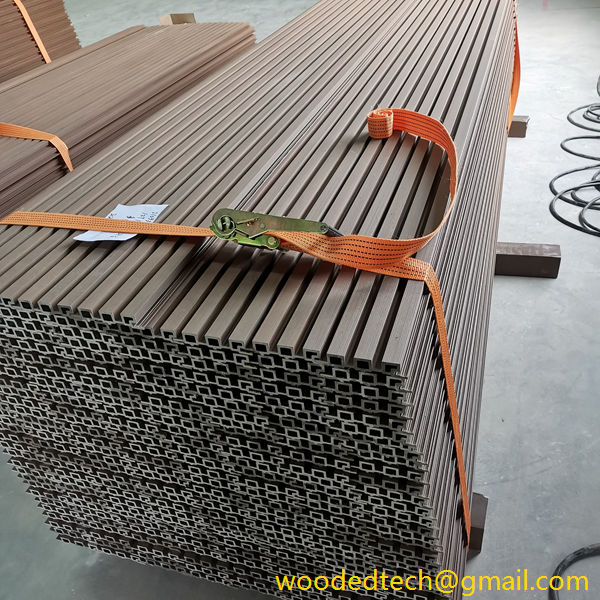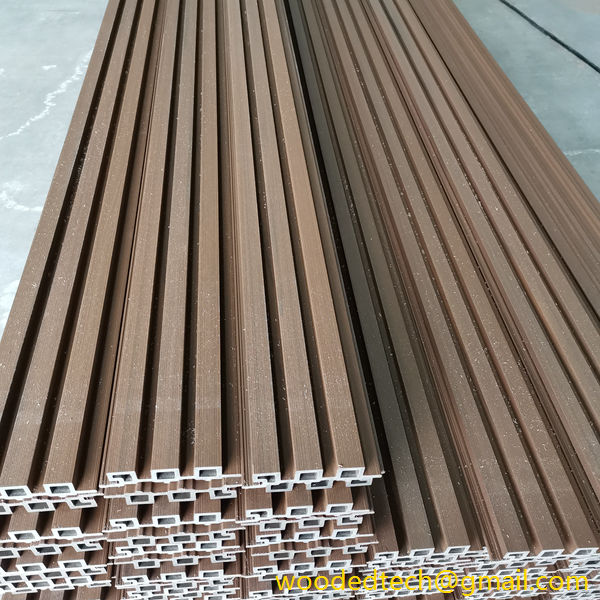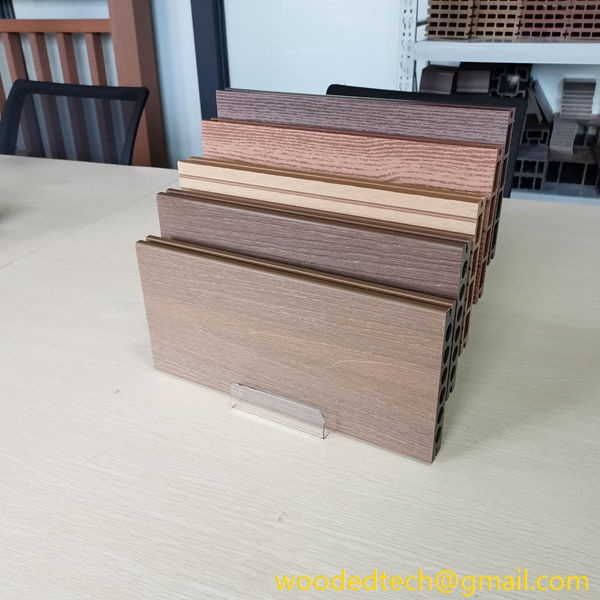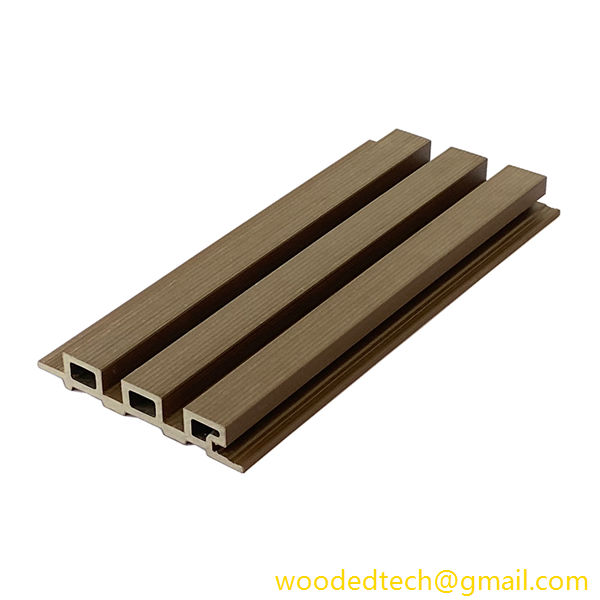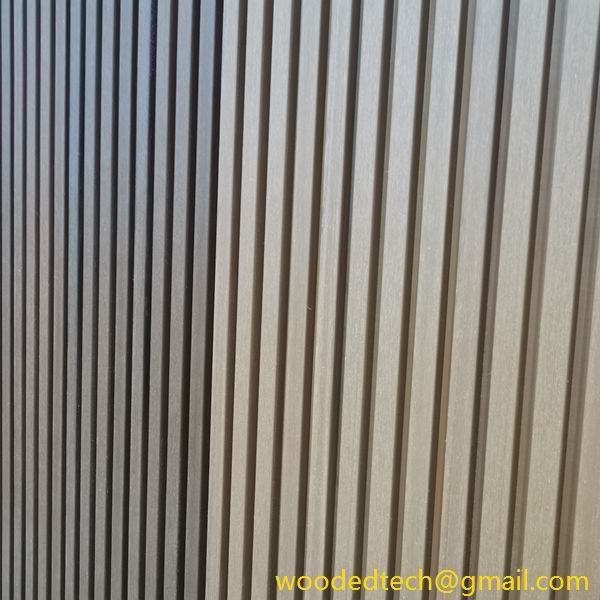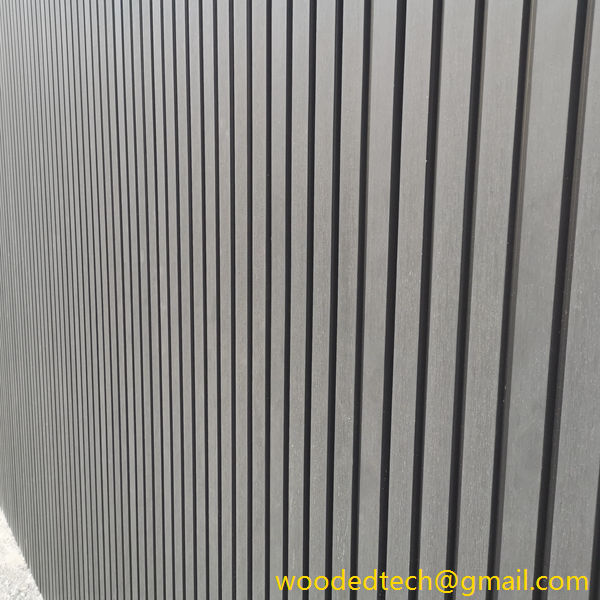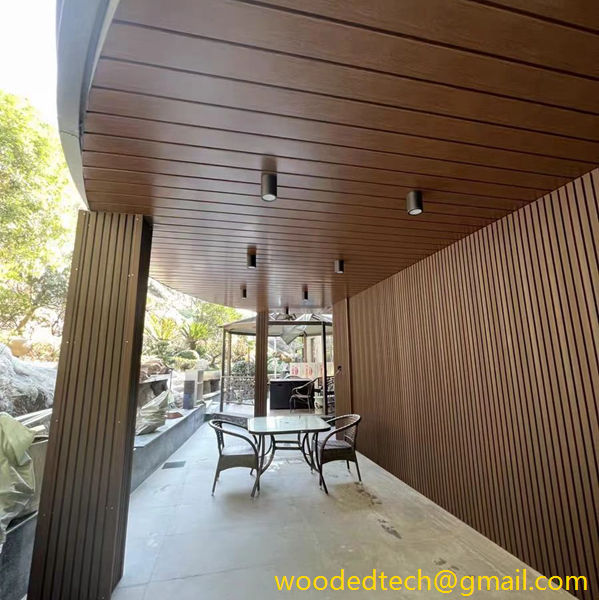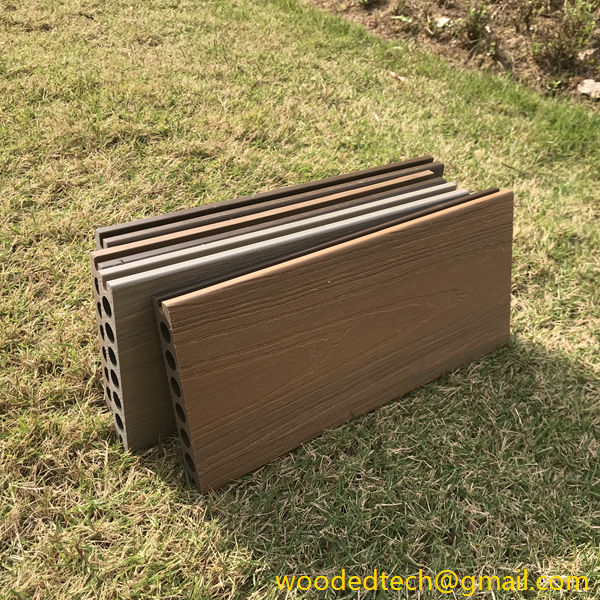External WPC Cladding: Enhance Your Home’s Exterior with External WPC Cladding
External WPC Cladding: Enhance Your Home’s Exterior with External WPC Cladding In today’s architectural landscape, homeowners are continually searching for materials that not only enhance the aesthetic appeal of their homes but also offer durability and sustainability. One material that has gained significant popularity in recent years is Wood Plastic Composite (WPC) cladding. WPC cladding…
External WPC Cladding: Enhance Your Home’s Exterior with External WPC Cladding
In today’s architectural landscape, homeowners are continually searching for materials that not only enhance the aesthetic appeal of their homes but also offer durability and sustainability. One material that has gained significant popularity in recent years is Wood Plastic Composite (WPC) cladding. WPC cladding presents an innovative solution for external wall coverings, combining the best properties of wood and plastic to create a versatile and high-performance material. In this article, we will explore the benefits of external WPC cladding, its material performance characteristics, and why it should be considered for your next home improvement project.
WPC cladding is a composite material made from a mixture of wood fibers and plastic polymers. This combination results in a product that mimics the appearance of natural wood while providing enhanced performance properties. One of the most significant advantages of WPC cladding is its resistance to moisture and rot. Traditional wood cladding, while aesthetically pleasing, can be susceptible to water damage, leading to issues such as warping, splitting, and decay over time. In contrast, WPC cladding is engineered to resist these common problems, making it an ideal choice for homes in areas with high humidity or frequent rainfall.
Another remarkable feature of WPC cladding is its low maintenance requirements. Unlike traditional wood that often requires regular staining, sealing, and painting to maintain its appearance and protect it from the elements, WPC cladding only requires occasional cleaning with soap and water. This ease of maintenance not only saves homeowners time and money but also ensures that the exterior of the home retains its beauty for years to come.
Durability is a critical consideration when choosing materials for home exteriors, and WPC cladding excels in this area. The composite material is highly resilient to impacts and does not splinter or crack like wood. This durability makes it an excellent choice for homes with children or pets, where wear and tear can be more pronounced. Furthermore, WPC cladding has excellent UV resistance, which prevents fading and discoloration from sun exposure, ensuring that the color and finish remain vibrant over time.
In addition to its physical properties, WPC cladding is also an environmentally friendly choice. Many manufacturers produce WPC using recycled materials, including reclaimed wood and post-consumer plastics. By opting for WPC cladding, homeowners can reduce their carbon footprint and contribute to sustainable building practices. This eco-conscious choice aligns with the growing trend of green building and provides peace of mind to those looking to make environmentally responsible decisions for their homes.
The aesthetic versatility of WPC cladding is another compelling reason to consider it for your home’s exterior. Available in a wide range of colors, textures, and finishes, WPC cladding can complement various architectural styles, from modern to traditional. Whether you prefer the rich look of mahogany or the sleek appearance of a contemporary gray finish, there is a WPC option to suit your design preferences. Additionally, WPC cladding can be easily cut and shaped to fit any project, allowing for creative design possibilities that can enhance the overall curb appeal of your home.
Furthermore, WPC cladding is designed with installation in mind. Many products come with interlocking systems that simplify the installation process, allowing for quicker and more efficient application. This ease of installation can lead to cost savings on labor, making it an attractive option for homeowners looking to undertake DIY projects or for contractors seeking efficient solutions.
Safety is also a crucial factor when selecting materials for exterior use. WPC cladding is often treated to be fire-resistant and is less prone to combustion than traditional wood products. This added safety measure provides homeowners with peace of mind, knowing that their exterior cladding meets stringent fire safety standards.
In conclusion, external WPC cladding is a smart investment for homeowners looking to enhance their home’s exterior while prioritizing durability, low maintenance, and sustainability. Its impressive material performance, combined with aesthetic versatility and safety features, makes it a standout choice in modern building materials. Whether you are renovating your existing home or building a new one, considering WPC cladding can lead to long-term benefits and a beautiful, resilient exterior that stands the test of time. Embrace the future of home exteriors with WPC cladding and enjoy the perfect blend of style and functionality.

